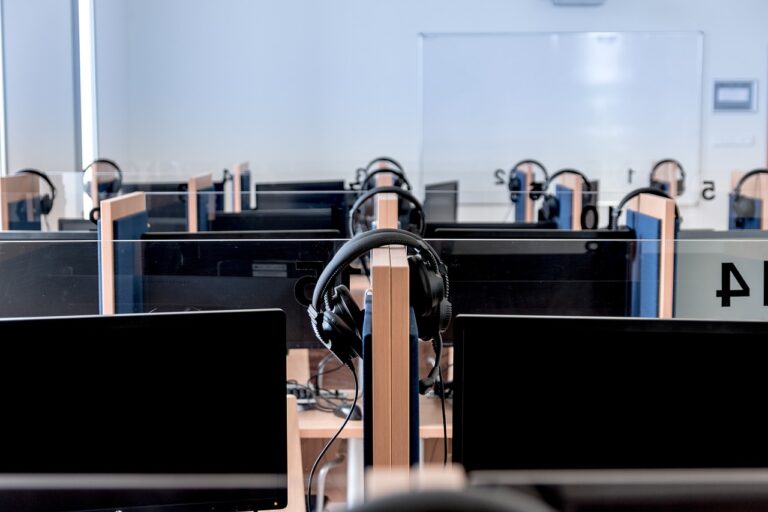Internship Experiences for Students: Bridging Theory and Practice
Internship programs offer numerous advantages to students looking to gain real-world experience and enhance their skill set. By participating in internships, individuals have the opportunity to apply theoretical knowledge gained in classrooms to practical, hands-on tasks in professional settings. This real-world application helps students better understand the relevance of their studies and develop a deeper appreciation for the subject matter.
Moreover, internships provide students with the chance to network and establish connections within their chosen field. These connections can be invaluable for future job prospects, as they may lead to recommendations, job offers, or mentorship opportunities. Additionally, internships allow students to explore different career paths, gain insight into industry practices, and discover their strengths and interests, all of which are crucial for making informed career decisions.
Importance of Gaining Practical Experience in Addition to Theoretical Knowledge
Participating in internships offers students the unique opportunity to bridge the gap between classroom theories and real-world applications. While theoretical knowledge provides a solid foundation, practical experience is essential for students to understand how concepts work in practice. By immersing themselves in a professional environment, students can witness firsthand how the knowledge they’ve gained in the classroom translates into everyday tasks and challenges.
Through internships, students can acquire hands-on experience that enhances their learning and skill development. This practical exposure allows them to apply theoretical concepts in a practical setting, honing their problem-solving abilities and critical thinking skills. By actively engaging in real-world scenarios, students can deepen their understanding of their field of study and gain valuable insights that cannot be gleaned solely from textbooks or lectures.
Gain practical experience to bridge the gap between theoretical knowledge and real-world applications
Understand how concepts work in practice by immersing in a professional environment
Acquire hands-on experience that enhances learning and skill development
Apply theoretical concepts in a practical setting to hone problem-solving abilities
Engage in real-world scenarios to deepen understanding of field of study
How Internships Help Students Apply Classroom Learning in Real-World Settings
Internships play a crucial role in bridging the gap between theoretical knowledge gained in the classroom and practical skills required in real-world settings. By immersing themselves in a professional environment, students can apply the concepts they have learned in their courses to solve real-life problems. This hands-on experience helps students consolidate their understanding of academic concepts and enhances their ability to adapt to different situations they may encounter in their future careers.
Furthermore, internships provide students with the opportunity to observe and learn from seasoned professionals in their field. By working closely with industry experts, students can gain valuable insights into the best practices, trends, and challenges of the profession. This firsthand exposure allows students to not only apply their classroom learning but also develop a deeper understanding of how their skills and knowledge can be utilized to make a meaningful impact in their chosen field.
What are some benefits of participating in internship programs?
Participating in internship programs can provide students with valuable real-world experience, networking opportunities, and a chance to apply classroom learning in a practical setting.
Why is gaining practical experience important in addition to theoretical knowledge?
Gaining practical experience allows students to see how the concepts they learn in the classroom are applied in real-world settings. It helps them develop important skills and gain a better understanding of their field of study.
How do internships help students apply classroom learning in real-world settings?
Internships allow students to put their knowledge to the test in a real-world work environment. They can see firsthand how the concepts they learn in the classroom are used in practice, helping them solidify their understanding and skills.







